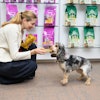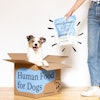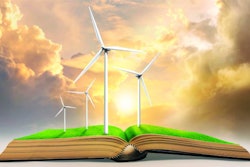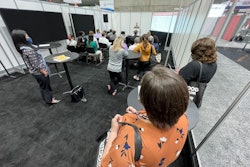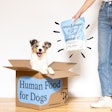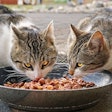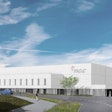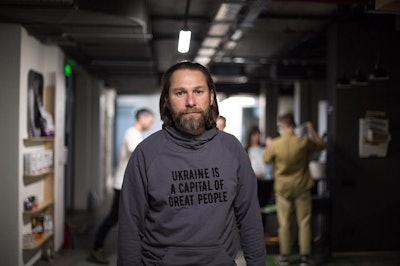
Amid Russia’s stalled invasion of Ukraine, Ukrainian pet food producer Kormotech is adapting to the situation by resuming the production activities of its factories at nearly 100%, while also intensifying its pet-focused charitable efforts, according to the company’s CEO and co-owner, Rostyslav Vovk.
“When the war broke out in late February, we closed our Ukrainian plants for two weeks and only kept our factory in Lithuania producing pet food,” he said. “During this period, we were paying our employees 100% of their salaries in those difficult times, and helped many of them relocate from eastern Ukraine to the country’s west where the situation was much safer.
“However, since then, the situation has become more stable, and all our Ukrainian plants now work 24/7,” Vovk continued. “The domestic demand for pet food has also rebounded, and we’re nearing our pre-war sales level of about 1,200 tons of wet and dry pet food per week.”
In 2021, the manufacturer sold about 66,000 tons of pet food, an increase of 22.8% compared with a year earlier, according to data from Kormotech. Exports to about 38 countries in Europe, along with other continents, generated 20% of the company’s sales in 2021.
“We had a turnover of about US$110 million last year, and, depending on the situation in the coming months, we will at least repeat this result, or even exceed it,” Vovk said. “We’re investing in our production capacities, and in late April, we will promote our brands and social initiative at the GlobalPETS Forum in Amsterdam, a networking event for decision-makers.”
International cooperation to aid Ukrainian pets
Kormotech’s CEO said the business is also developing ties with charities from the U.S., Lithuania and other countries to deliver pet food to those in need under its Save Pets of Ukraine initiative.
“We have donated 220 tons of our own pet food and assembled a team of 40 volunteers to deliver pet food to feed homeless pets, but also deliver pet food to those who can’t afford to buy it,” Vovk said. “Our objective is to deliver 500 tons of food to dogs and cats in need every month. We need pet food, collars, cages, tick repellents, but also money to pay for the logistics, the trucks that deliver these products to Ukrainian pets and the people who collect and transport them.”
Investments in pet food production capacities
Earlier in 2022, Kormotech commissioned a new production line at its Lithuania-based factory, raising its pet food manufacturing capacities by 30%. A second line is to be launched later this year, increasing the plant’s capabilities by a further 25%. Once this investment is completed, the Lithuanian facility will be able to produce about 20,000 tons of pet food annually.
“We aim to advance our international expansion, and these higher production capacities, along with our BRC, USDA, FDA [British Retail Consortium, U.S. Department of Agriculture and Food and Drug Administration] and other certificates, will allow us to boost Kormotech’s exports to countries such as the U.S., the UK, France, Norway, Poland and many others,” Vovk said.
As Ukraine is fighting against its invader, Vovk said wartime difficulties have pushed Kormotech’s team to think out-of-the-box and come up with creative solutions to problems resulting from the daily hardships.
“Here in Lviv, in western Ukraine, where we are headquartered, air raid sirens typically go off one to four times a day. Whenever this happens, we need to stop whatever we’re doing and go to the shelters,” he explained. “But we keep working, and we feel like we’re part of a startup that operates in a completely new environment. Every day brings new challenges, and our motivation to overcome them is higher than ever.”
